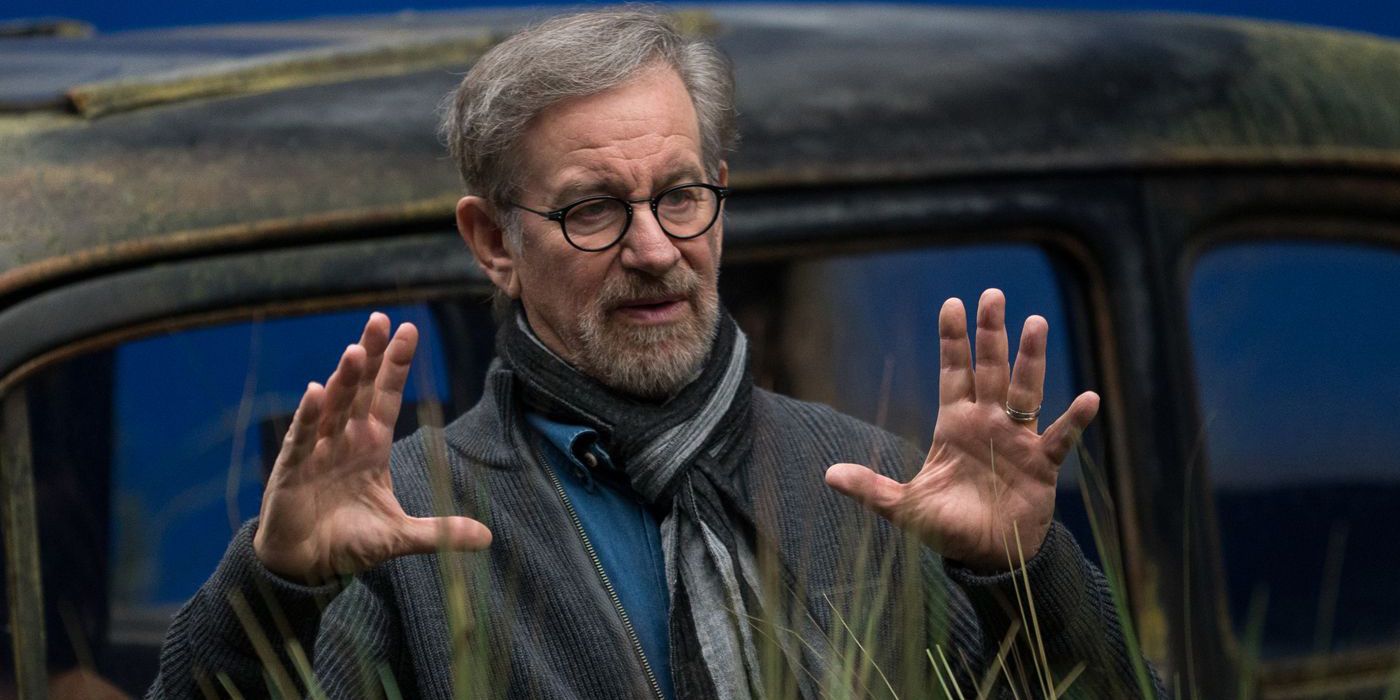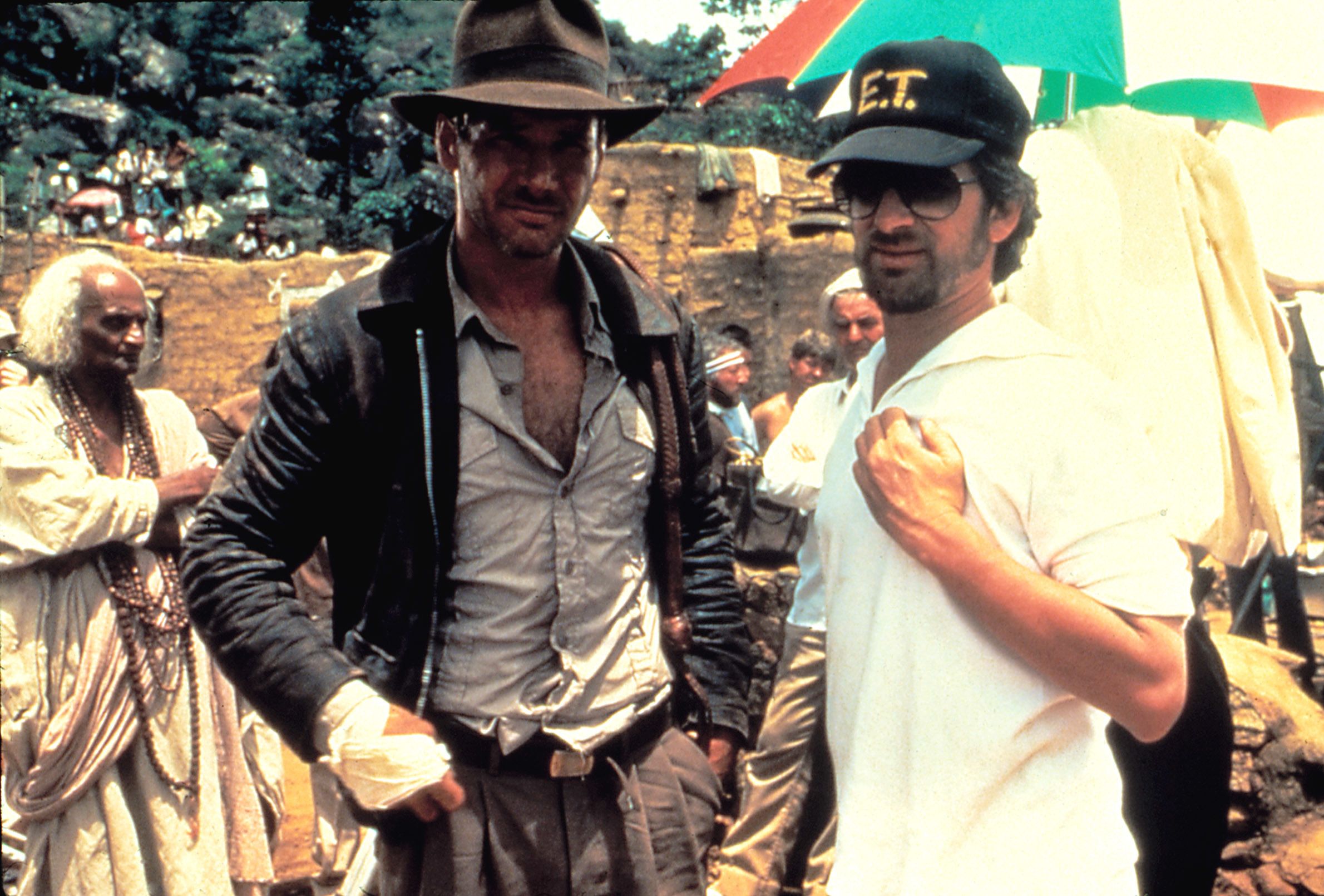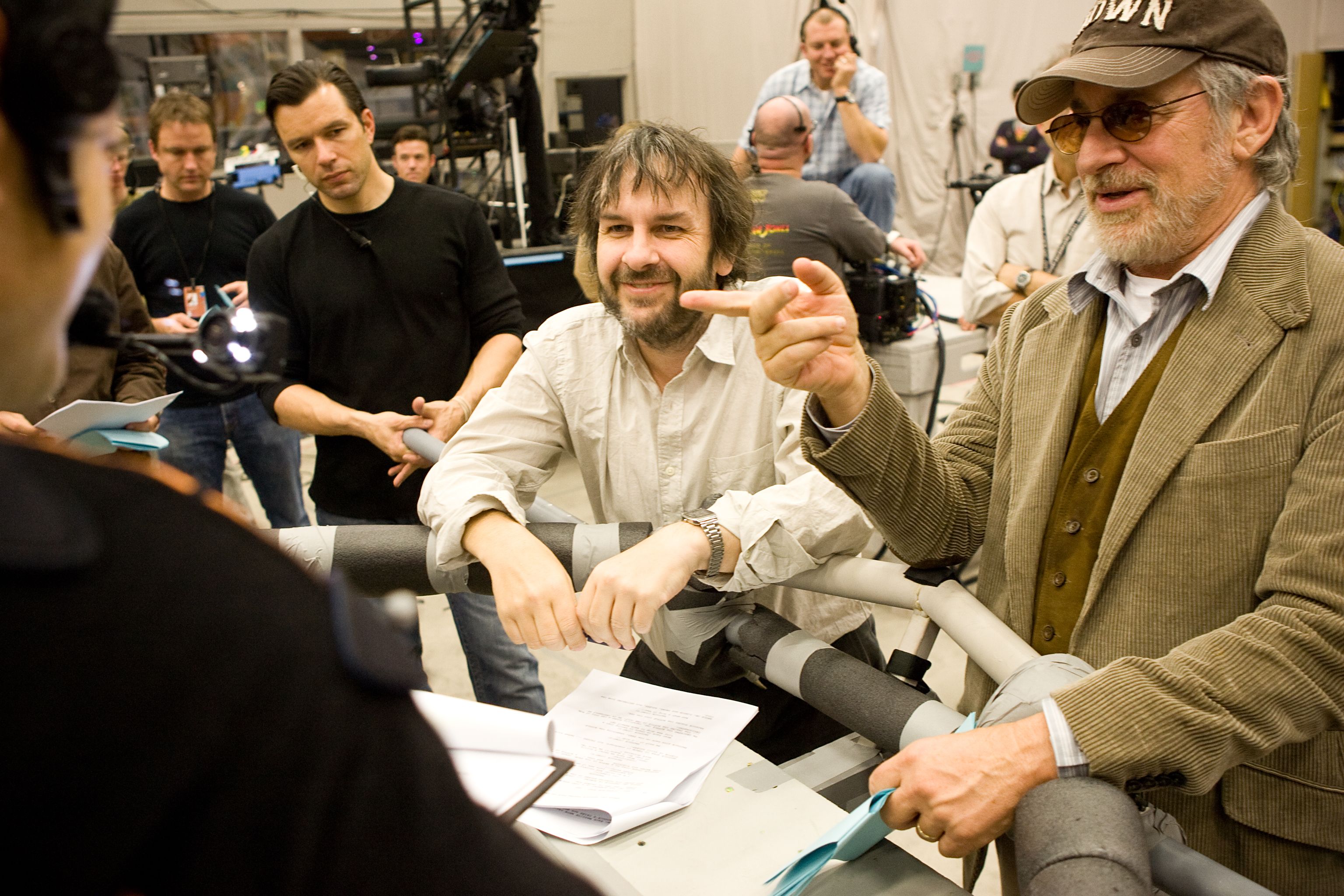In the grand scheme of things, going back to the movies is admittedly not the most important priority right now – there are far more serious problems we as a planet have to face first as we begin to see a light at the end of the tunnel of this pandemic. But as hope pops its head out as we move further in 2021 and the COVID-19 vaccine rollout continues, we’re beginning to think about what it will be like to go back to normal – or, probably more accurately, a “new normal.” And for cinephiles, at the top of that list is going back to the movies.
It’s no secret that the arts have had a significant struggle during this pandemic, and while some movie theaters across the United States have been open for at least part of this time, most have kept their doors closed. Even more, the major studios have opted not to release their big new films in theaters, choosing instead to wait until more theaters are open and more people can safely return – specifically with regards to the Los Angeles and New York City markets.
But they will return, that much I know to be true. And now one of the most influential voices in the history of cinema is chiming in with his optimism as well. In contributing to a special issue of Empire Magazine that’s a tribute to memorable movie-going experiences (headed up by Edgar Wright), filmmaker Steven Spielberg wrote an impassioned letter explaining why he believes movie theaters will never die – and why they’re important.
Rather than split the note into pieces, I’ll present in its entirety below for maximum effect:
“In the current health crisis, where movie theaters are shuttered or attendance is drastically limited because of the global pandemic, I still have hope bordering on certainty that when it’s safe, audiences will go back to the movies. I’ve always devoted myself to our movie-going community — movie-going, as in leaving our homes to go to a theatre, and community, meaning a feeling of fellowship with others who have left their homes and are seated with us. In a movie theatre, you watch movies with the significant others in your life, but also in the company of strangers. That’s the magic we experience when we go out to see a movie or a play or a concert or a comedy act. We don’t know who all these people are sitting around us, but when the experience makes us laugh or cry or cheer or contemplate, and then when the lights come up and we leave our seats, the people with whom we head out into the real world don’t feel like complete strangers anymore. We’ve become a community, alike in heart and spirit, or at any rate alike in having shared for a couple of hours a powerful experience.
That brief interval in a theatre doesn’t erase the many things that divide us: race or class or belief or gender or politics. But our country and our world feel less divided, less fractured, after a congregation of strangers have laughed, cried, jumped out their seats together, all at the same time. Art asks us to be aware of the particular and the universal, both at once. And that’s why, of all the things that have the potential to unite us, none is more powerful than the communal experience of the arts.”
Mr. Spielberg is, of course, correct. After a year spent under quarantine and avoiding not only strangers but family members, I can’t think of much else I want to do more than safely sit in a theater with a bunch of strangers and feel a sense of community as we take in a great movie.
Remember the feeling you had on opening night of Avengers: Endgame when the audience cheered Cap wielding Thor’s hammer, or going back again and again to see Titanic to marvel at the spectacle onscreen, or feeling like your eyes were playing tricks on you when Jurassic Park offered up real, live dinosaurs. Nothing beats it, and especially after everything that happened in 2020, I’m similarly confident that once it’s safe to do so, audiences will be flocking to theaters in droves.
There’s a reason major studios delayed their big 2021 releases to fall. They’re confident that the vaccine will work, that things will return to some sense of normalcy later this year. They’re not offloading No Time to Die on streaming – they’re holding out for the profits to be gained from a big, wide theatrical release, and in return we get to witness movies back on the big screen once more.



